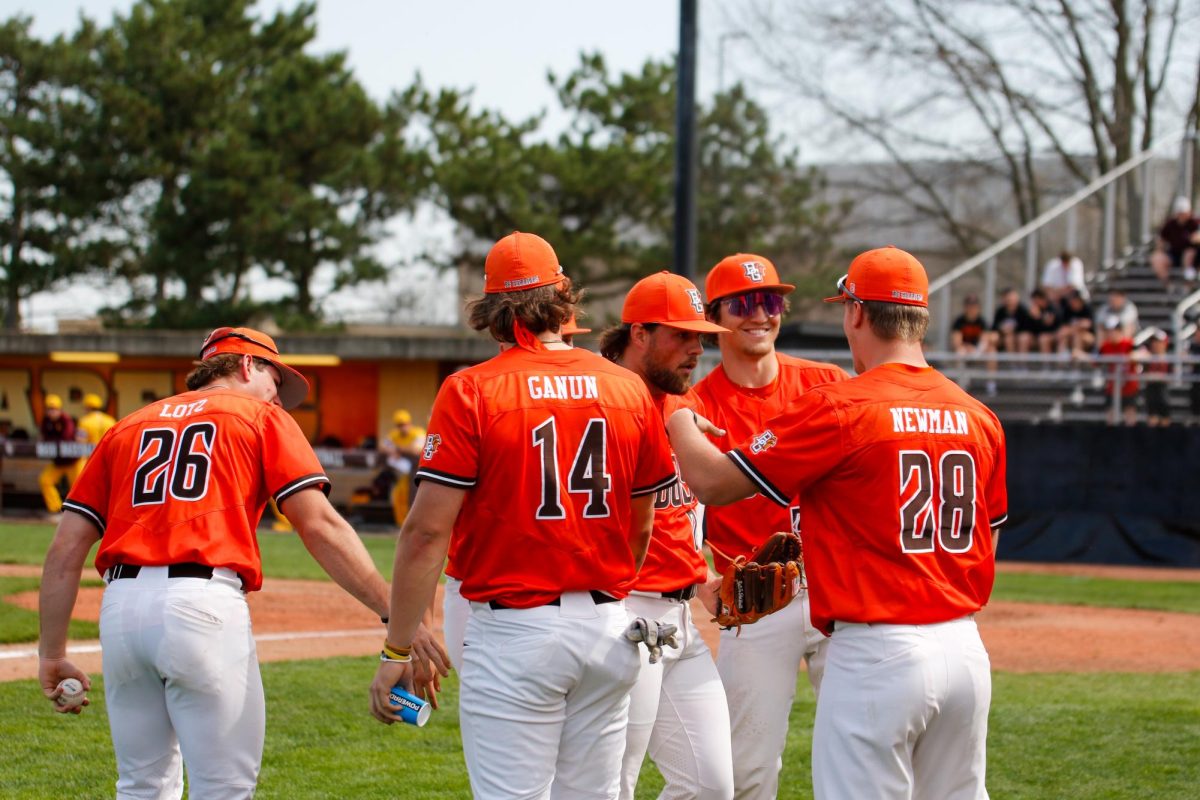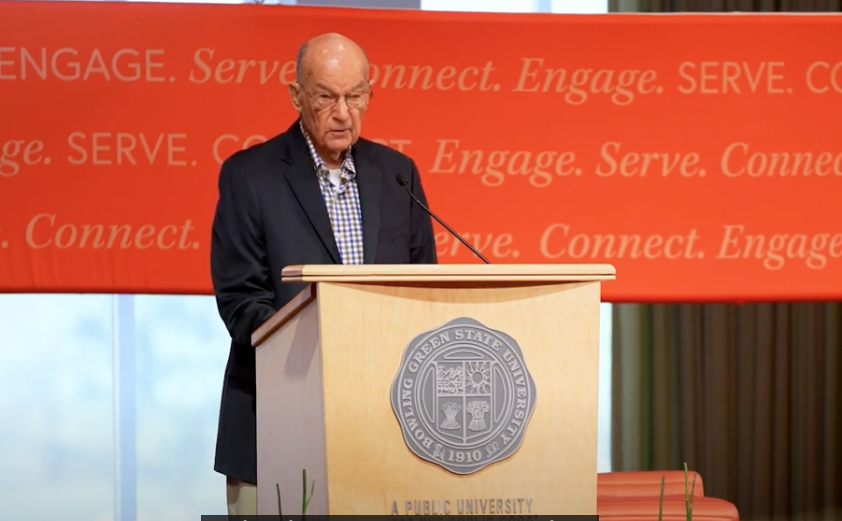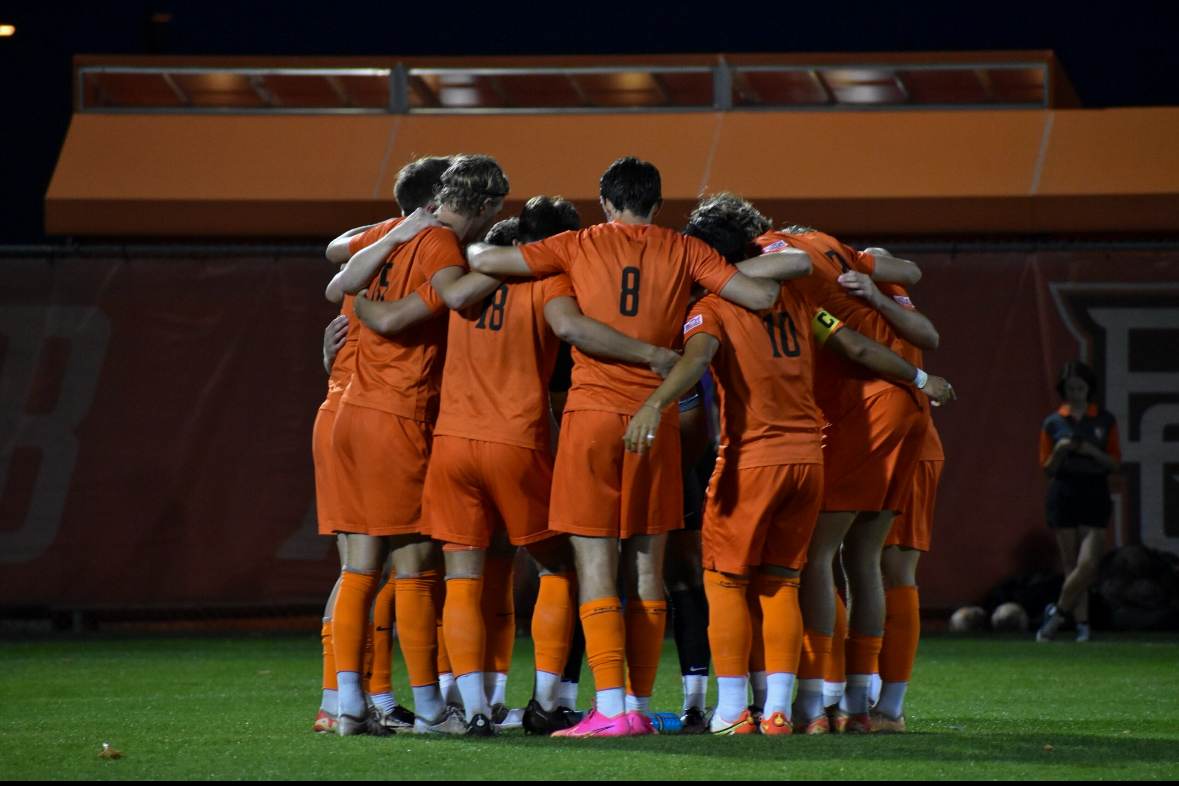If you’ve lived in the U.S. during the past 20 years, you’re probably very familiar with these two words: Got Milk?
If you’ve been online during the past few years, you’ve probably heard about some of the controversies surrounding breast milk: Do moms have the right to breastfeed in public? To share their breast milk? How old is too old to breastfeed?
Do any of these questions make you uncomfortable?
Before anyone gets carried into a debate about why a woman’s body should or shouldn’t make anyone uncomfortable, stop to think, were you at all disturbed by the first question? Got Milk?
I’m not a gambling sort of gal, but I’d bet money (nothing over $5) that initially, almost nobody batted an eye at the old ad campaign. Phrases like “Beef. It’s what’s for dinner,” “bacon makes everything better,” and “Got Milk?” are burned into our collective consciousness. The meat and dairy industry spends an enormous amount of money creating and reinforcing these catchy little phrases, ensuring that consumers reach for these products without question.
It works. I grew up loving milk – it takes on the yummy flavors of your favorite cereal (cocoa pebbles = chocolate milk!), a dash of milk gently cools a steaming mug of hot chocolate, it cuts through the richness of a dessert and it helps out when your mouth is on fire from your friend’s habanero salsa (Marcus’s aside – It wasn’t that hot, Tatiana…). Personally, I’ve always adored the viscosity, the subtle fatty flavor, the opaque white color. You get the picture.
Our cultural and emotional ties to products like milk are so strong that we rarely stop to question the basic assumption that they’re good for us health-wise, that they’re morally acceptable to consume, and that we needn’t bother looking into non-dairy alternatives (unless you happen to be lactose intolerant). Seriously, the latest campaign for Almond Milk has been about convincing people that it isn’t crazy weird and simply tastes like Almonds. Nothing to be afraid of. Yet most people still would rather grab for a glass of cow’s milk.
Is this because drinking milk from a cow is less weird than some ground up almonds in water? Not really, if you take a moment to think about what cow’s milk is and where it comes from.
Cows milk is the milk produced to nourish little baby cows, just like human milk is the milk produced to nourish little baby humans. Pretty straightfoward.
Now consider the fact that people have no qualms about consuming milk meant for baby cows, yet have strong visceral reactions of disgust at the thought of consuming milk meant for actual humans: Many balk at the idea of a woman breastfeeding in public, or a baby consuming the breastmilk of someone other than its mother. How odd that the consumption of a product that is positively good for a child is demonized in a number of ways, while at the same time we don’t bat an eye at the consumption of a product that is produced for an entirely different species.
But it’s still good for us, right? Well, recent studies suggest cow’s milk doesn’t actually lead to strong bones: Consuming milk daily raises the risk of prostate cancer and ovarian cancer. Calcium intake doesn’t protect against hip fractures, and drinking milk regularly may even increases the risk such fractures.
This makes some intuitive sense if you think about the fact that milk is meant to help babies’ cells grow very quickly, but as adults bad things happen when our cells grow too quickly (it’s called cancer). The nutrients we require to stay strong change as we get older. Human babies can’t consume everything human adults can consume, so why would we assume it’s good for human adults to consume what is meant for baby cows to consume?
What’s more, meeting the demands of the dairy market requires the egregious suffering of living beings, yet it receives tax-payer support and is promoted as essential to health.
What suffering, you say? Well let’s start with the basics – human mothers produce milk for a limited amount of time after giving birth. Similarly, cows produce milk for only about 10 months after giving birth. Yet the same dairy cow can be milked for upwards of five years almost continuously.
How is this possible? They are artificially inseminated once a year to ensure they continue producing milk, and their babies are removed within 24 hours to make sure they don’t drink up all that milk obviously intended for humans. Not only does the dairy industry rely on baby cow tears for your happy consumption, but it also brings the mother to tears through the sheer pain of having metal udder-pumps sucking her dry year after year, and can lead to inflammation referred to as mastitis.
The next time you reach for a glass of the white stuff, don’t just do what the government tells you to (isn’t it in our natures to rebel?). Instead, consider what it is you’re consuming, how it impacts your own body, where it comes from and if there might be some better alternatives out there.
My partner and I buy plain, unsweetened Almond Milk from Aldi, though others might prefer coconut milk, rice milk, soy milk, etc. With so many reasonable alternatives, why choose the option that’s worse for you and worse for the cow? So, Got Milk… what kind?
Respond to Tatiana at

















